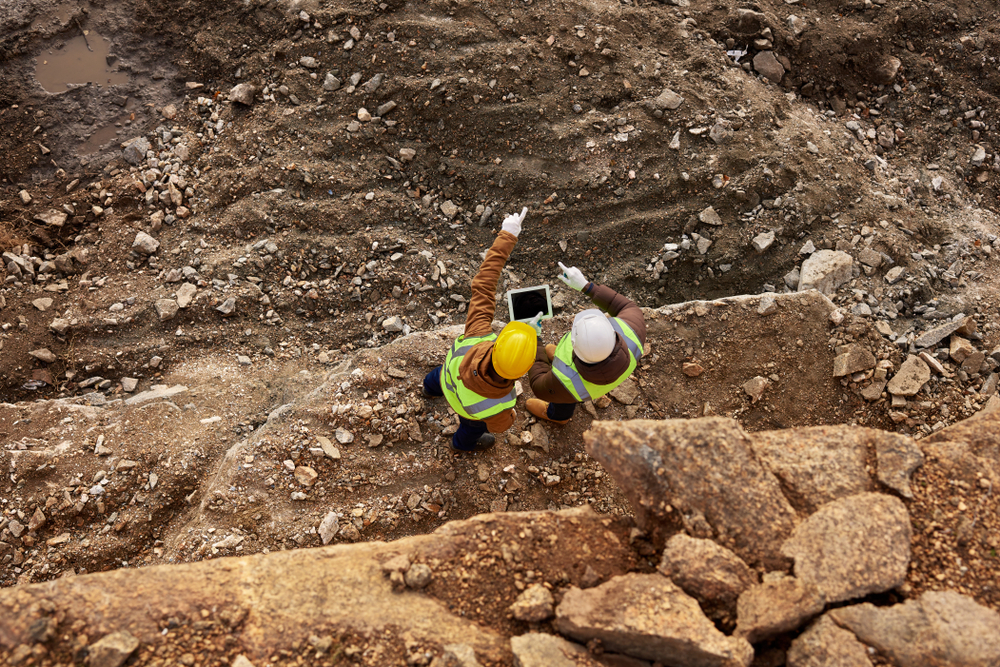
DARPA and the US Geological Survey (USGS) have launched a competition to explore how machine learning and AI can aid in sourcing critical minerals – the raw, non-fuel materials that are vital for manufacturing products that are essential to national security. DARPA has stated that assessing the current list of 50 critical minerals is labor-intensive and takes too much time to be able to fulfill current supply chain needs.
“The USGS’s critical mineral resource assessments are at the heart of our domestic supply and production of critical minerals,” said Dr Anne Fischer, Deputy Director of DARPA’s Defense Sciences Office. “We want to have a measurable, immediate impact on the USGS’s ability to reach some of its objectives, especially in ways that are critical to national security.”
The competition has two challenges, with each of the challenges receiving $10,000 for first place; $3,000 for second place; and $1,000 w for third place. The challenges include:
- Map Georeferencing Challenge – participants will receive a dataset of 1,000 or more maps of various types for training and validating models. The goal is to fit coordinate points that can be referenced to known locations in one or more base maps; and.
- Map Feature Extraction Challenge – participants will be provided with a training set consisting of maps with each legend item labeled and characterized and a binary pixel map reflecting the feature’s coverage in the map. The goal of this challenge is to identify all features in a map that appear in the map’s legend.
“DARPA is known for fostering innovation by creating problem-focused research communities, and we’re excited to put the results of this competition to immediate use,” said Sarah Ryker, associate director for energy and mineral resources at the USGS. “The United States is under-mapped, and the Bipartisan Infrastructure Law provides a historic opportunity to catch up – if we can precisely target our investments in new mapping. We hope that new capabilities emerging from these challenges will enable us to do exactly that.”
